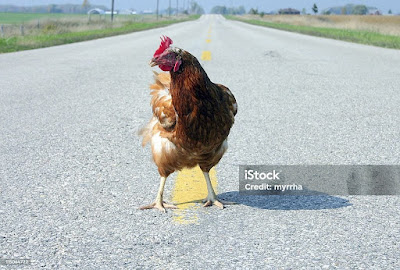Indonesia cuisine has similarities with another neighboring country, most of the food is hot and spicy. The nasi (rice), ikan teri (tiny anchovies), krupuk (tapioca crackers), deep-fried tempeh with chilli-hot sambal is the main Indonesian traditional food follow by soto, sate (satay), gorengan (fritters), sinom (beverage), pecel (mixed-vegetables) and others. Indonesia traditional food also influences by several cultures like Dutch, Chinese and others and mixing with other local and international cuisines around Nusantara areas like Javanese, Sundanese, Balinese, Minang, Malay and others. The example of food around Surabaya City is rujak cingur, semanggi, lontong balap and so forth.
The rawon
making also has been showing with a short video. It is an Indonesian black soup
that originated in East Java. The main ingredient of rawon is beef, lime
leaves, lemongrass, ginger, chilli and kluwek (Indonesian black nut)
followed by cooking class of telur asin (salted duck egg) by mixing of
ashes from corn, salt, water and cover that mixture with the egg and keep it
till 30 days for duck egg and 1 to 2 weeks for chicken age. Another step is to
put the egg in salted water and keep it the same as above. The difference is
the water-based texture inside of the egg may quite watery.The food philosophy
behind telur asin and rawon was referred to as a charity of good
deeds from important people expected by the local community.
In addition, the
Indonesian is a very creative food inventor. Several factors influence
community creativity. The community maximal the environment (flora) that
started from old time, their grandparent has a big back yard tend to plant and
maximize what they plant and what the eat by using that spirit heir young
generation more educated how to make something food feeling but it creates it
more and more, that then it increases creativity and innovation in food
invention and community food trend demand like geprek chicken that
becomes viral and hit also growth the creativity. Furthermore, the Indonesian
government very supportive of food invention and the community snacking time
become a trend for a long time till now enrich Indonesian creativity.
It can be concluded that the colonization, migration and mixing of local and Nusantara culture diversify the Indonesian cuisine and increased the cultural values for future generations.
Lectured by Mauren Gita Miranti, S.Pd, M.Pd & Andika Kuncoro Widagdo, M.Pd. from UNESA
UNESA Summer Course 2021
8/6/2021 Tuesday (16:00-19:00)






Tiada ulasan:
Catat Ulasan